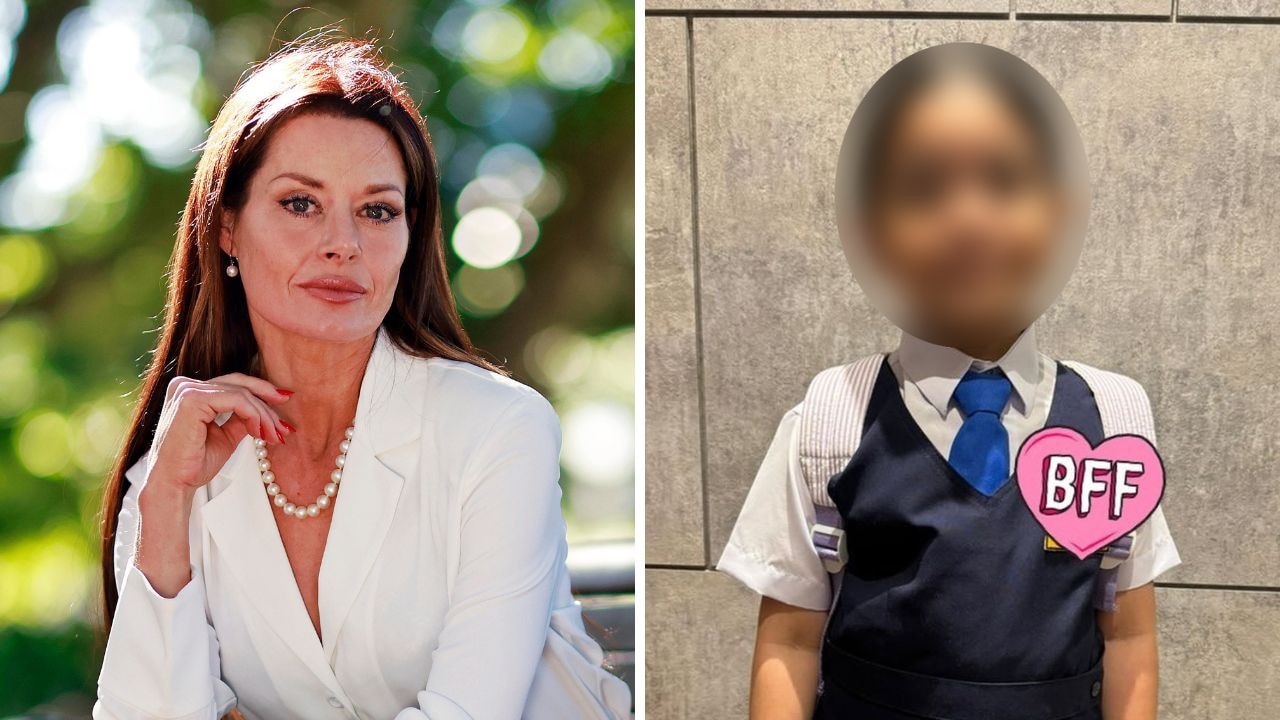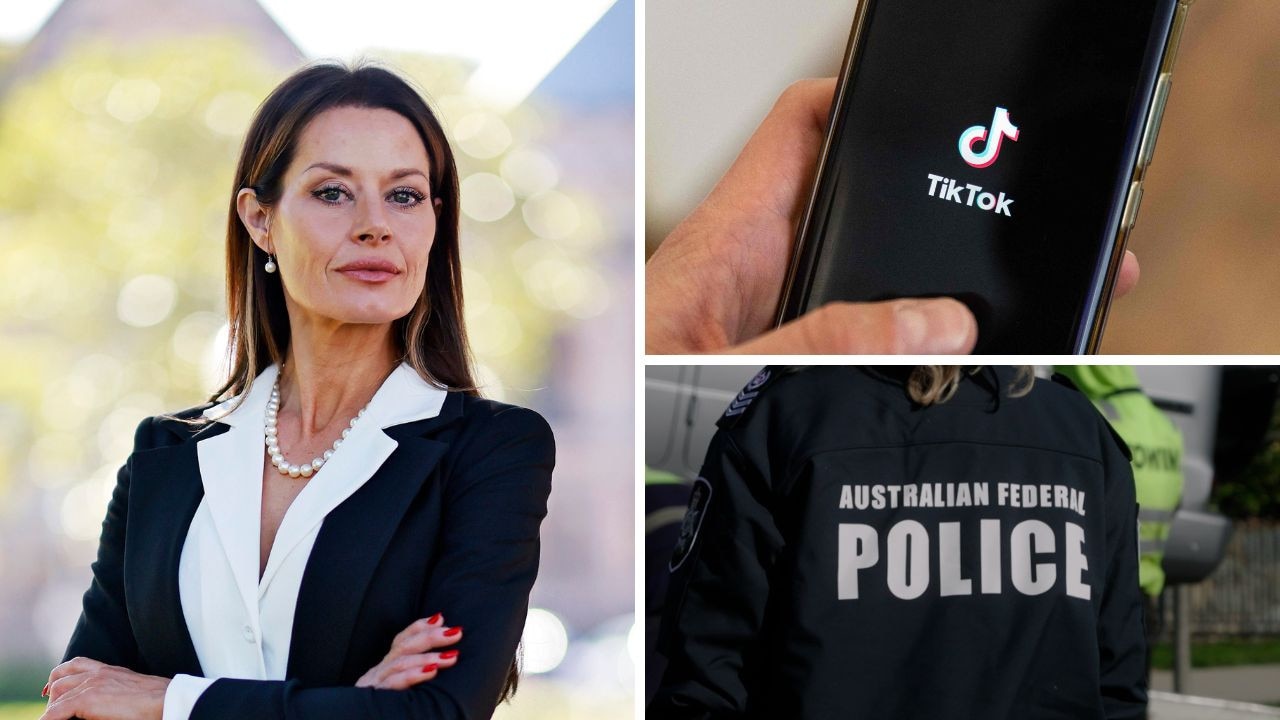David Penberthy: The stories too shocking to air on radio
There are some things so shocking listeners wouldn’t like to hear on the radio while they’re getting ready to start their day - but that has to change, argues David Penberthy.
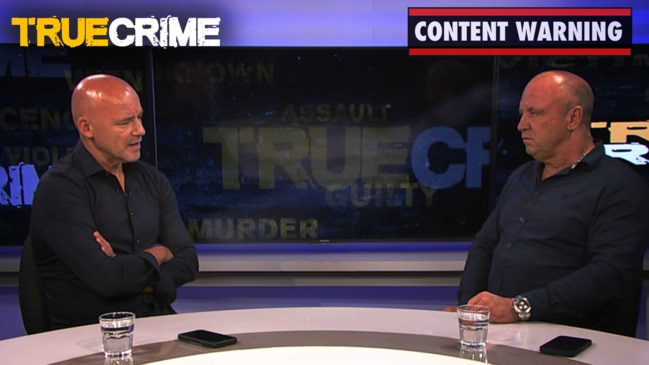
Predatory
Don't miss out on the headlines from Predatory. Followed categories will be added to My News.
Sean Fewster has been covering courts and justice issues for The Advertiser for more than 20 years.
He has also been a regular and popular guest on our radio show for more than five years as well as hosting his own program, Just Lawful, which offers an in-depth and expert look at specific crimes where he interviews victims and victims’ families.
During the past few years Sean and I have had a running off-air disagreement – a civil one – about the type of content we are prepared to discuss on our radio show where I sometimes find myself cast in the role of Dr No.
Despite working in the media, there are some stories I cannot bring myself to read and I am sure our listeners don’t want to hear about them either. On a frivolous note, these are stories that involve programs such as The Bachelor or Married At First Sight. On a serious note, these are stories that involve child exploitation and child abuse.
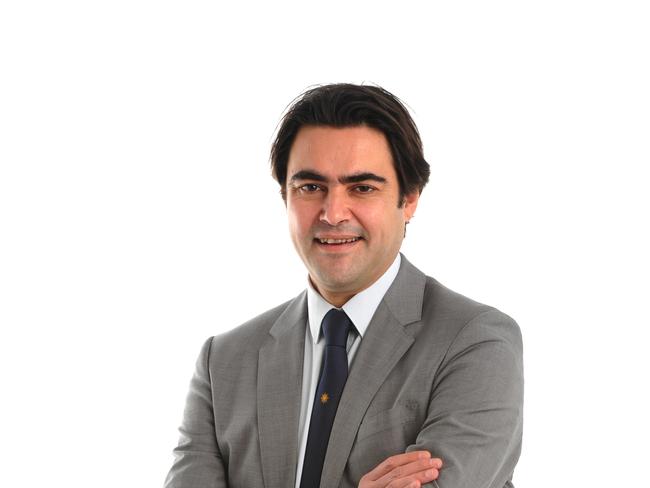
On a number of occasions now Sean has been covering harrowing cases which have dominated the local news coverage and in some instances also been covered interstate. He has propped these stories as potential topics of discussion for our segment, but I have baulked at the idea of airing them on live radio at 7.35am, when parents are listening at home getting their kids ready for school, when grandparents are having their toddler grandchildren dropped off to babysit for the day.
I suspect that many of these parents and grandparents like me would rather stick their heads in the sand and talk about something else than be subjected to the full-blown account of the latest child-related outrage to make its way through our courts.
Sean argues – and despite my squeamishness I actually think he is right – that there is a danger that the changing nature of these cases and the seemingly rising prevalence of abuse means we have to be aware of what’s going on. If we refuse to engage with these harrowing stories – unlike others involving coward punch violence or deadly hoon driving – it also means there is less policy pressure generated by public discussion of the laws and penalties that govern this sickening category of crimes.
LISTEN TO THE PREDATORY PODCAST
To that end, the new podcast Predatory should stand as a hugely important moment in discussing a topic which many of us would rather avoid. Breaking the habit of a lifetime, I have listened to this podcast, and as confronting as it is, it begs a very important question: How is it that this uniquely vile category of crime often appears to be treated with less seriousness than a mid-range traffic misdemeanour or a crime against property for which the victims were insured?
One of the more disturbing aspects of listening to Predatory is the extent to which the internet has changed and enabled all of these vile practices involving kids. And in terms of sentencing, there appears to be a weird level of disengagement over what any reasonable person would regard as an obvious link between online behaviour and real-life behaviour.
Behaviour that is imagined is often a precursor to a behaviour that ends up being real. And behaviour that is remote always still involves an actual human victim, even if they are a world away from the creep sitting in his spare room trawling through the seamier recesses of the dark web.
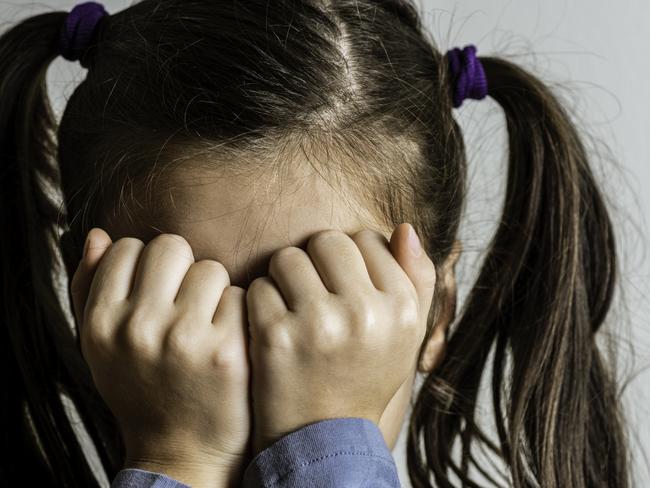
Yet time and again we see cases where aberrant behaviour is regarded as excusable, and where patterns of escalation or recidivism fail to be treated with the gravity they deserve.
In the same way that the churches were (rightly) accused of transferring problem priests to new parishes rather than acting against them by referring them to police, the courts often resemble a turnstile system where people who have demonstrably done the wrong thing are given wholly suspended sentences, or barely any significant sentence at all, despite having a history of shocking conduct. The excuse making that informs their treatment is so pathetic as to be laughable.
In a South-Australia-specific sense, some of the news material prepared in support of the launch of Predatory contains details which truly blow your mind. I had no idea for example that, as of April last year, there are just over 2100 South Australians who are being actively monitored for crimes of child sexual abuse.
What were their crimes, though? And despite their being monitored, how happy are we to have them back in the community? How foolproof is the system of surveillance? And more’s the point, on a cost basis, if their crimes were genuinely bad, shouldn’t they still be in jail on justice grounds, rather than swanning about in public being monitored at significant expense to the taxpayer?
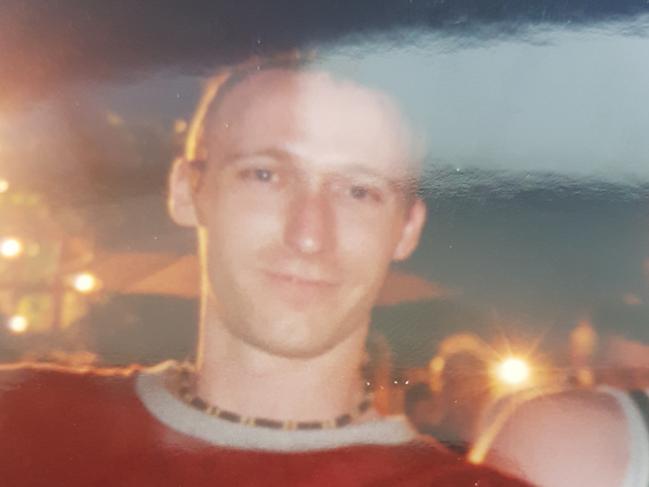
Beyond that, though, the key question Predatory forces us to ask is whether we need a total overhaul of the way these offenders are sentenced in the first place. There have been several local cases where men have amassed significant libraries of filth, in some cases involving the most serious categories of abuse, yet have had their sentences fully suspended and been placed on home detention.
At the other end of the spectrum, the supposed “worst” cases, such as that of Geoffrey William Moyle who is perversely credited with pioneering the use of child exploitation video, still attract sentences which seem way out of whack with what they’ve done.
Despite being labelled in a court as a sex terrorist “who wrote the Bible on child abuse”, Moyle will be eligible for parole by 2027 when his non-parole period of seven years expires.
Enough is enough. There are reasons most of us can’t stomach this stuff, and it’s because it is so sickening as to be wholly unrelatable.
It’s not like getting in a drunken fight and making the dumb decision to throw a punch, or robbing someone because you’re a druggie. It is uniquely screwed up, as the Predatory podcast demonstrates so powerfully, and it’s about time our legal system and its sentences reflect that.
For more details about the Predatory podcast, go to predatory.com.au
Originally published as David Penberthy: The stories too shocking to air on radio


